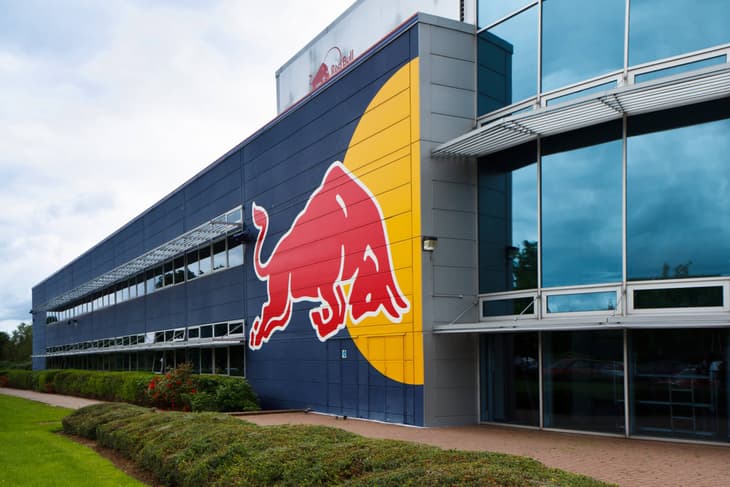Red Bull Racing’s high-performance arm has partnered with AVL to develop ‘ultra-high-power density’ fuel cell technology to support the use of hydrogen in high-performance mobility, motorsport and aviation.
Under a joint project, Red Bull Advanced Technologies and AVL hope to deliver a PEM fuel cell system for high-performance applications “that exceeds those currently available” globally.
Leveraging AVL’s portfolio of PEM fuel cell technology and Red Bull’s methodologies in lightweight design, construction and aerodynamics, the pair anticipate the solution could be two-thirds lighter than conventional fuel cell systems
... to continue reading you must be subscribed





